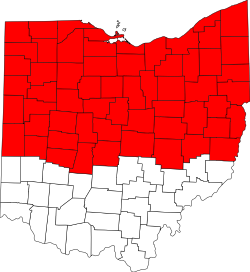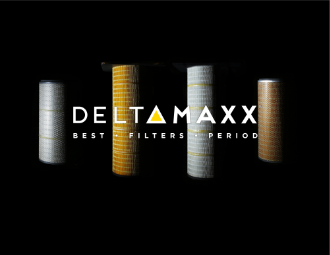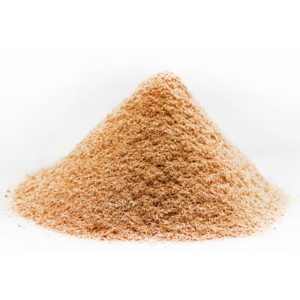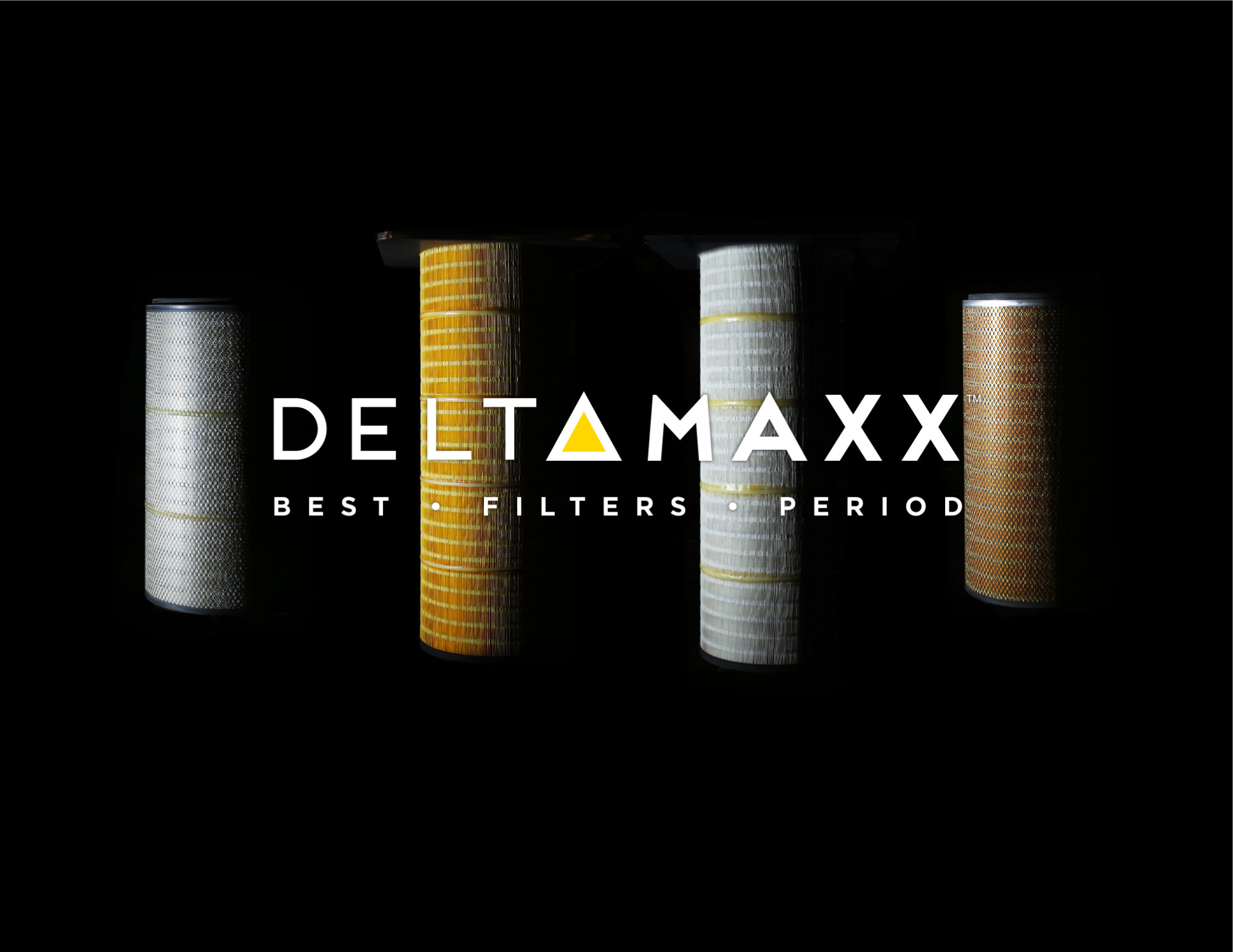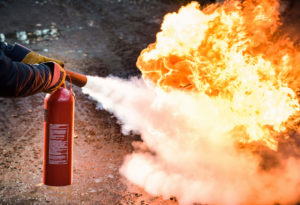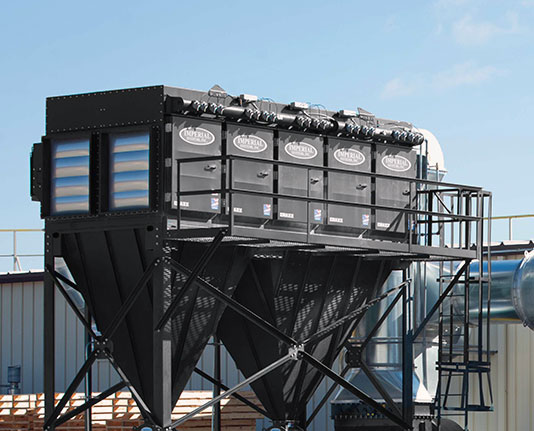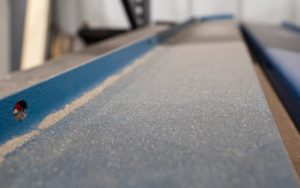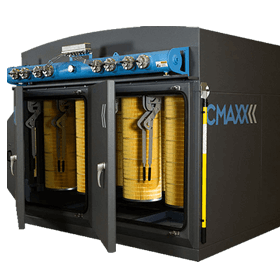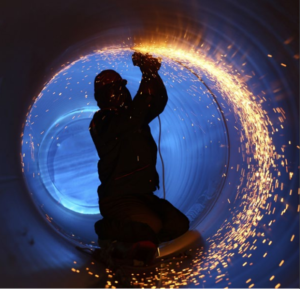From an Imperial Systems blog post in 2019: PROBLEM: A company in Ohio produces parts for the aerospace industry using a salt bath. The modern aerospace industry relies on salt baths to treat metals for corrosion resistance. However, the high heat and particulate from this process caused serious problems for the company’s dust collector. The … Continued
Author: cardinal
We’re providing this handy guide so that if you want to damage your dust collector filters, you’ll have lots of ways to do it. Assuming you want your filters to last as long as possible, you may want to avoid doing any of these things. Cartridge dust collector filters are made of a cellulose and … Continued
FPA combustible dust standards cover the general requirements for wood, food processing, and combustible metal dusts, but some industries have special needs and risks. Wood processing and woodworking (NFPA 664) make up a large percentage of combustible dust accidents. The agriculture and food processing standard (NFPA 61) deals with combustible dust incidents in this industry, which also has … Continued
You may need replacement dust filters for your Imperial Systems dust collector or even a competitor’s. Now we’re making it easier than ever to get a quote. Do you have a dust collector from Donaldson Torit, Camfil Farr, Robovent, Lincoln Electric, or others? We’ve certainly made it easier to get the best replacement cartridge dust … Continued
If you need to prevent a dust collector explosion in your facility, following NFPA standards will guide you in the right direction. NFPA 69 Standard on Explosion Prevention Systems covers many different methods for preventing explosions. This standard covers many types of explosive materials, but we’ll focus on the parts that apply to dust explosion … Continued
Grain Dust Risk
Blog
A small amount of excess dust probably doesn’t sound like too much of a problem. After all, what process occurs without a little dust? What most people don’t consider is what can happen if this dust is exposed to an ignition source. While some ignition sources present in grain processes are obvious, others … Continued
According to NFPA standards, explosion venting is a key part of dust collector safety. NFPA 68, the Standard on Explosion Protection by Deflagration Venting, lays out these guidelines. Dust collector explosion venting, also called deflagration venting, allows pressure to safely escape during a fire. Without explosion relief venting, a dust collector fire can cause … Continued
NFPA 652
Blog
ARE YOU COMPLIANT WITH NFPA 652? September 7, 2020 is the deadline for dust tests in order to maintain compliance with with NFPA 652. We want to help you avoid fines and remain compliant in 2020. Our aftermarket team would be happy to help you navigate the dust test process. We can get your dust … Continued
If you have a cartridge dust collector, you’re probably aware of the compressed air pulses that clean the filters. Although our header tank design controls noise levels, the cleaning mechanism isn’t exactly silent. If the dust collector pulse cleans the cartridge filters during normal operation, why would you need to run an offline filter cleaning? Offline cleaning of … Continued
ARE YOU COMPLIANT WITH EPA’S NESHAP RULE 6X FOR HAZARDOUS AIR POLLUTANTS? Under the Clean Air Act, the Environmental Protection Agency (EPA) is required to develop air emission standards for 187 hazardous air pollutants (HAPs). These HAPs are linked to cancer, birth defects and other serious health issues. In 2008, the EPA introduced its National … Continued


